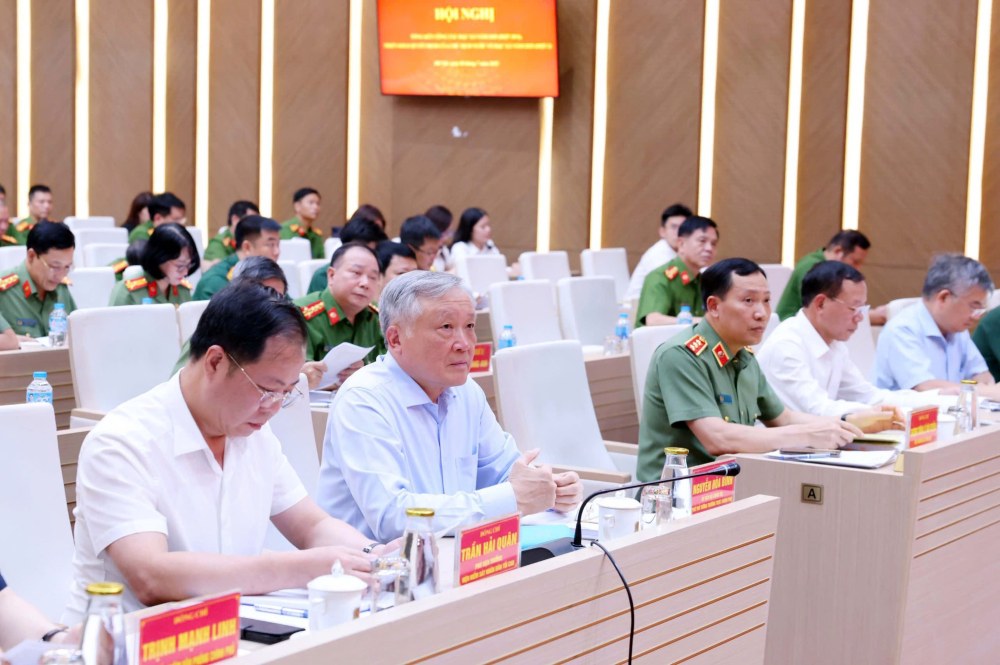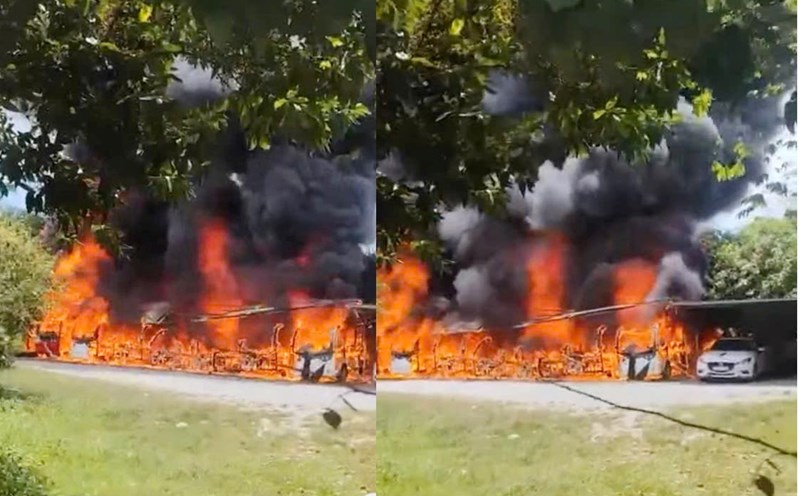On July 8, Politburo member, Permanent Deputy Prime Minister Nguyen Hoa Binh - Chairman of the Amnesty Advisory Council attended and directed a conference to summarize the amnesty work (phase 30.4) and implement the President's Decision on amnesty in 2025 (phase 2, on the occasion of National Day 2.9).
The conference was connected online from the Ministry of Public Security to the Public Security of provinces and centrally run cities.
According to the report, the total number of people granted amnesty (appointment of April saday) is 8,055 people, including 8,054 prisoners and 1 person whose prison sentence is temporarily suspended.
The rate of reoffending after amnesty is low, so far only 4 people have been granted amnesty on April 30 with violations of the law, accounting for 0.05%, of which 3 people were criminally prosecuted and 1 person was administratively prosecuted.

Speaking at the conference, Permanent Deputy Prime Minister Nguyen Hoa Binh emphasized that, inheriting and promoting the humanitarian tradition of the Vietnamese people, over the past nearly 80 years with the leniency policy of the Party and State of Vietnam, there have been nearly 40 early released prison amnesty for tens of thousands of prisoners returning to their families and the community.
Since 2009 alone, the Government has submitted to the President a decision on early released prison amnesty for more than 90,000 people.
Due to the very special nature and significance of the amnesty on September 2, the scope, scale, conditions, and scope of subjects are expanded, and there is more work to be done, while the time from now until the date of announcement of the Amnesty Decision is still very short, less than 2 months.
To continue implementing and effectively implementing the amnesty work in the second phase of 2025, the Permanent Deputy Prime Minister proposed to develop a plan, plan, work schedule and seriously and systematically implement specific steps and tasks to prepare and conduct the amnesty work.
The Amnesty Advisory Council coordinates with departments, ministries, branches and localities to promote responsibility for common tasks, for the internal and external requirements of the country to effectively implement the policies and regulations on amnesty.
Eligible cases must have a dossier requesting an amnesty in accordance with regulations, to avoid missing or leaking.
Members of the Amnesty Advisory Council and heads of agencies and units must regularly inspect, guide, supervise, prevent, detect, and promptly prevent errors to immediately rectify and strictly handle violators and individuals.
Localities, agencies, organizations, businesses, and social organizations proactively develop plans and measures to receive and create conditions to help those granted amnesty return to their localities to soon stabilize their lives.
The amnesty work must be summarized, experience must be drawn and timely encouragement and rewarded for collectives and individuals with many achievements with worthy forms of reward, right subjects.











